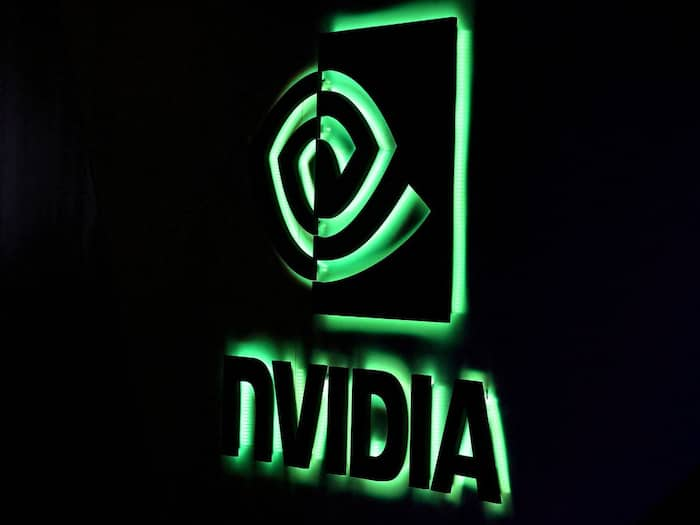
Written By Madhav Malhotra
Edited By: Madhav Malhotra | Published By: Madhav Malhotra | Published: Apr 16, 2025, 04:21 PM (IST)

With the ongoing U.S. tariff saga, all major tech giants are facing challenges. Nvidia, the most valuable chipmaker in the world, has also felt the impact of recent decisions, as it has been banned from selling its H20 chip to China. This led to a sharp 6% drop in its stock price, resulting in a loss of $5.5 billion (£4.2 billion). Also Read: Acer Nitro V 15 With 165Hz Display, NVIDIA RTX 5050 GPU Launched In India: Price, Specs, Features
The H20 is Nvidia’s most advanced AI chip currently available in China and has become a crucial component of the country’s rapidly growing artificial intelligence sector. However, the United States is now imposing new restrictions on its export. Also Read: Acer Predator Helios 18P AI Launched With Up To RTX 5090 GPU At IFA 2025: Price, Specs, Features
On April 9, the Trump-led U.S. administration formally notified Nvidia about the license that would be required to export the H20 chip to China and other countries, citing national security concerns. Just five days later, U.S. officials confirmed that these restrictions would remain in place and it remains uncertain whether any export licenses will be granted. 
Also Read: HP Omen 16 (2025) Gaming Laptop Debuts In India With RTX 5070 Ti GPU, 240Hz Display: Price, Specs, Features
The H20 chip is one of the most advanced AI chips by the company and was originally designed to maximise performance while staying within the boundaries of U.S. export controls that were introduced under the Biden administration.
Major Chinese tech companies like Tencent, Alibaba, and ByteDance have been increasing the purchase of the H20 chip to support growing demand for AI applications.
Although the H20 is slower at training AI models compared to Nvidia’s U.S. chips, it’s very effective at handling real-time tasks. Nvidia CEO Jensen Huang believes this kind of work will soon become the main focus of the AI chip market.
Despite its technical limitations, U.S. officials are concerned about the H20 chip’s high-speed connectivity, which they believe could enable its use in Chinese supercomputing systems, an area restricted under U.S. export rules. The Washington-based think tank, Institute for Progress, recently warned that companies like Tencent may already be using H20 chips in ways that potentially violate those restrictions.
The news sent shockwaves through the semiconductor industry. Nvidia’s stock fell in after-hours trading, while shares of AMD and Broadcom dropped by 7% and nearly 4%, respectively. The escalating U.S.-China tech conflict is raising concerns, with potential global implications that could significantly impact the future of AI development.